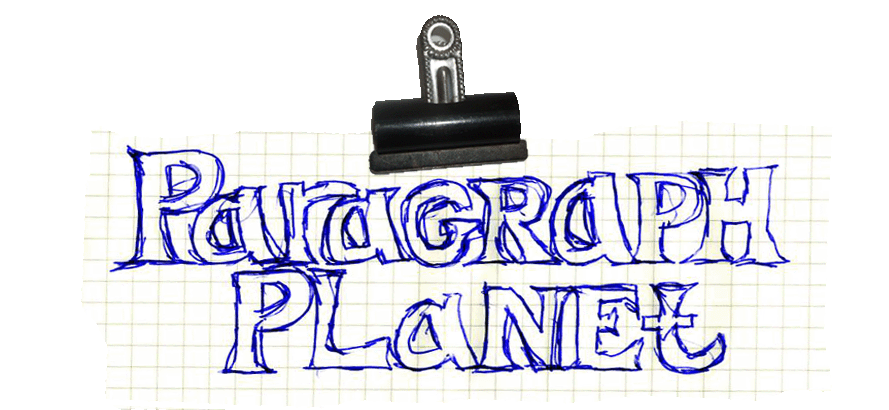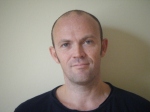









on


EMLYN REES
 Tell us about your latest book ‘Hunted’
Tell us about your latest book ‘Hunted’HUNTED kicks off with hostage negotiator Danny Shanklin waking up in the Ritz Hotel in London. He’s been drugged and dressed in a balaclava, a red-and-white tracksuit and a brand new pair of Nikes. In his hands is a high powered assault rifle. Hearing sirens and screams, he stumbles to the window and looks out to see a burning limousine and bodies all over the street. He’s been set up. The police are closing in. Danny finds himself the subject of the biggest manhunt in history, as he sets out on a nail-biting odyssey through the panicked city streets, in a desperate bid to escape, protect the people he loves and track down the men who set him up - and make them pay. What is your favourite stage of the writing process?
Planning the book. I’m a real geek when it comes to plotting. I love the mechanics of matching character motivation to storyline, of coming up with dramatic situations that are both exciting and realistic. I get the most fun from putting characters into extreme situations - where you initially assume that they’re doomed - and then trying to work out how to get them out of them there alive. This was particularly enjoyable with HUNTED, where from the moment we meet Danny Shanklin, he’s pretty much fighting for his life. Which authors have inspired you?
In terms of thriller writing, Elmore Leonard, Jeff Deaver, Harlen Coben and Dean Koontz would have to be up there. All are page-turning gurus. In terms of ambition, I’d say James Clavell. As far as style goes, Cormac McCarthy’s THE ROAD is a masterclass of sparse and forceful prose. Everyone talks about it as a literary classic, but it’s a hell of a thriller too. I developed Paragraph Planet because my favourite stage of writing is editing and reducing the word count to improve a piece. How do your successive drafts change?
I run an editorial service (noveleditors.com) and I also used to write collaborative novels with my wife (Josie Lloyd), so I’ve always been very open to editorial input. Now that I’m writing on my own, I’ll finish the first draft with no input, then I’ll hand it over to Jo and chew my nails steadily down the the quick as she reads it. She’ll then give me a list of what she likes and what she hates. I’ll then puff out my chest and sulk in equal measure, before getting stuck into a rewrite. I’ll then do a further draft where the whole purpose is to cut any extraneous words and tighten all the dialogue. Then - when I’ve got it as good as I can - it’s off to my editor, James, at my publishers, Constable&Robinson. He’s a writer himself, so he’s very easy to work with. He’s also blunt and opinionated - which is so much better than working with editors who um and ah about what they like. He’ll focus on the big stuff: whether he finds the storyline credible, where he thinks the pacing is off, etc. I’ll then take a few days to dwell on all that, before usually admitting he’s right and attacking that final draft. How important is digital technology to a writer?
I published my first novel when I was 25 and today is a different world. I had to do all my research back then in libraries. And it was tougher, squinting and microfiche and waiting for books to be returned. I still do some work in my local library now, but everything is so much easier to access. And then of course there’s the fact that we’re all how hooked up to the web at home. Great for instant research, but terrible for time wasting. I’ve just vowed to work off line up until Christmas, when I’m due to deliver the sequel to HUNTED to my publishers. I reckon I’ll work a lot quicker. The other big impact of the digital revolution for me as a writer is how much easier it is to get feedback from readers. Twitter and Facebook are brilliant for this. Click here for Emlyn's website.
